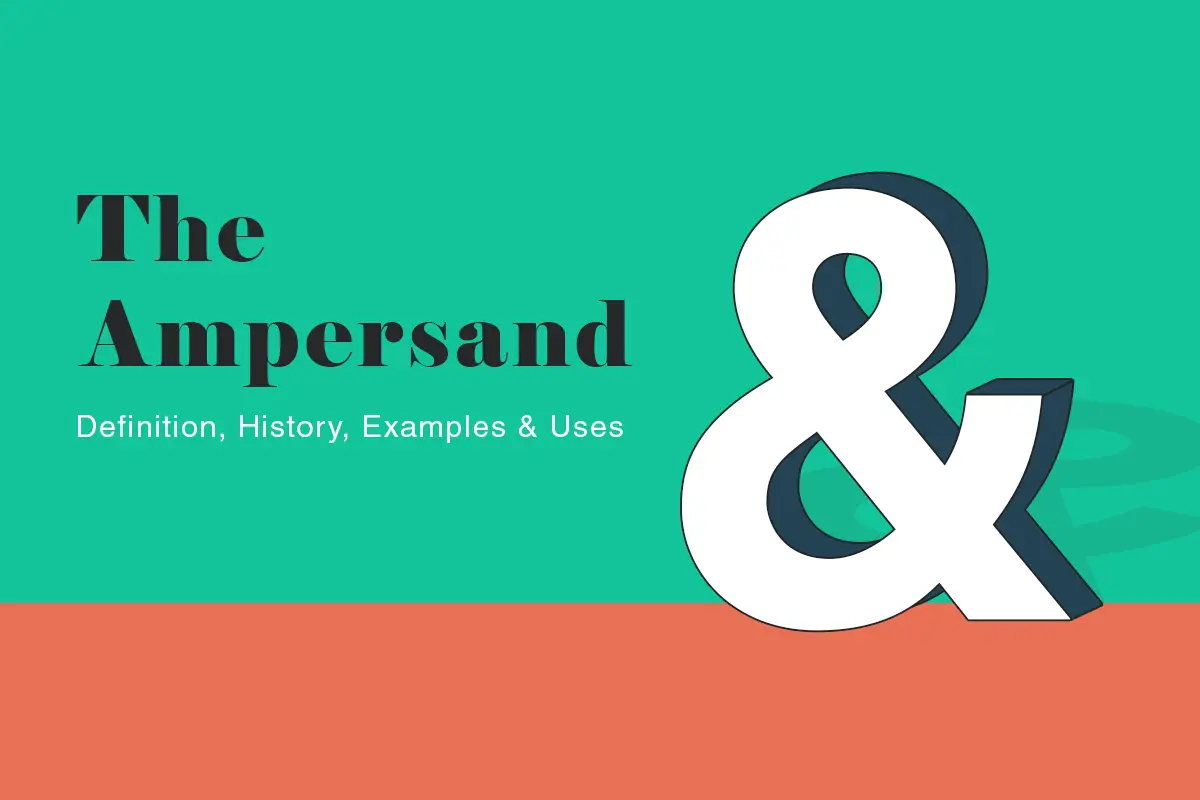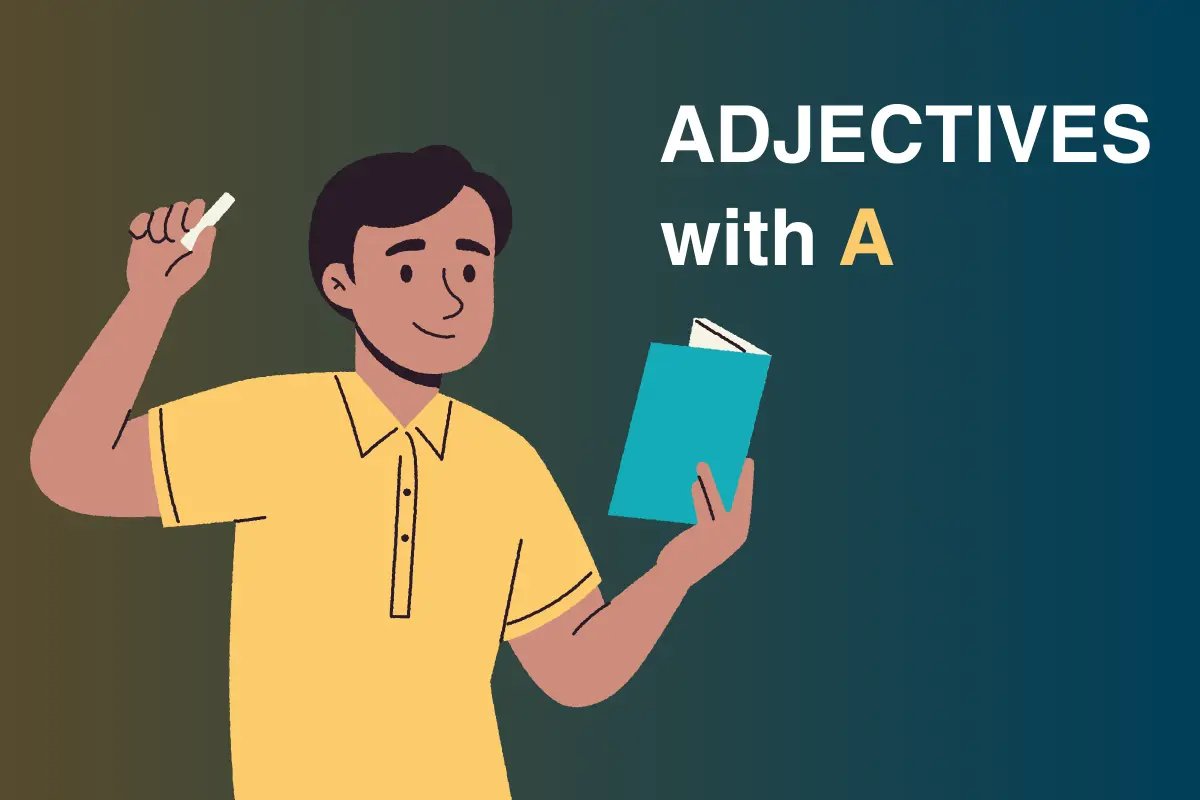Adjectives That Start With N (250+): Meaning and Examples
Discover a comprehensive list of adjectives that start with N. Enhance your vocabulary with meanings and examples of these descriptive words.

Rijvi Ahmed
Last updated on May 20th, 2024

When you click on affiliate links on QuillMuse.com and make a purchase, you won’t pay a penny more, but we’ll get a small commission—this helps us keep up with publishing valuable content on QuillMuse. Read More.
Table of Contents
Stuck in a boring word rut? Do you feel like your writing uses the same adjectives all the time, like “big” and “good”? Those words are okay, but they don’t make your writing exciting.
Adjectives are like magic words that help us describe things more interestingly. They paint a picture with words, making your writing come alive for the reader.
Today, let’s explore some cool adjectives that all start with the letter “N”! We’ll find some familiar words you already know and some new ones that will make your writing shine. So get ready to learn some new words and have some fun with adjectives.
Common Adjectives That Start With N
Let’s kick things off with some “N” adjectives you might already use in your essay writing or letters. These words are reliable and easy to understand, adding a positive touch to your descriptions.
| Common N Adjectives | Meanings | Example |
|---|---|---|
| Neat | This describes something clean, tidy, and organized. | Maria kept a neat table, with all the writing tools lined and books stacked. |
| Nice | This classic adjective means pleasant, friendly, or agreeable. | The old woman had a nice smile because now she was a best-selling author. |
| New | This describes something fresh, recent, or not seen before. | Mr. Austin has told me about writing a new book on Psychology. |
| Neighborly | This describes someone friendly and helpful to their neighbors. | The neighborly couple always brought over fresh-baked cookies. |
| Nourishing | This describes food or drink that is good for your health. | She packed a nourishing lunch with fruits, vegetables, and whole-wheat bread. |
| Nimble | This describes someone or something quick, light, and agile. | The nimble man quickly wrote a research paper on Psychology.” |
| Notable | This describes something important, worthy of attention, or remarkable. | The scientist made a notable breakthrough in the field of renewable energy. |
| Nurturing | This describes someone or something that provides care, support, and encouragement. | The nurturing teacher created a safe and supportive environment for her students to learn. |
| Natural | This describes something that occurs in nature or is not artificial. | He had a natural body color that radiated from within. |
Interesting N Adjectives
We’ve explored some common “N” adjectives that add a positive touch to your writing. But language is a playground, and sometimes you want words that pique curiosity or add a touch of the unexpected. Here’s where some less common, but interesting “N” adjectives come in:
| Interesting N Adjectives | Meanings | Example |
|---|---|---|
| Nonchalant | This describes someone calm, cool, and seemingly unconcerned. | He strolled into the interview with a nonchalant air, despite the high stakes. |
| Nostalgic | This describes a feeling of sentimental longing for the past. | The old boy evoked a nostalgic feeling for the old days he spent. |
| Naive | This describes someone innocent, lacking experience, and trusting. | The naive young woman told the full story to the salesman. |
| Nifty | This informal adjective describes something cool, clever, or ingenious. | She came up with a nifty solution to the problem using only household items. |
| Nuanced | This describes something with subtle differences or complexities. | The author’s nuanced portrayal of the characters made them feel real and relatable. |
| Nubile | This describes someone attractive and youthful. | The nubile young dancers captivated the audience with their grace and energy. |
| Numinous | This describes something that has a mysterious or spiritual quality, inspiring awe or reverence. | The ancient cathedral had a numinous atmosphere that left visitors feeling humbled. |
| Nebulous | This describes something vague, unclear, or hazy. | The future remained nebulous, filled with both possibilities and uncertainties. |
| Nervous | This describes someone anxious, worried, or on edge. | He bit his nails nervously as he waited for his first publishing which book he wrote without experience. |
| Noisome | This describes something with a foul or offensive smell. | The polluted air hung noisome and thick, making it difficult to breathe. |
When to Avoid N Adjectives
While a sprinkle of interesting “N” adjectives can add flair to your writing, it’s important to remember variety is key. Overusing any adjective, even positive ones, can make your writing sound repetitive and dull. Additionally, some “N” adjectives have negative connotations that might not be the best fit for your desired tone.
Let’s take a quick look at a couple of examples we mentioned earlier:
| N adjectives with negative connotations | Meaning | Example |
|---|---|---|
| Nasty | This describes something unpleasant, mean-spirited, or cruel. | The schoolyard bully used nasty taunts to belittle the cute girls. |
| Nagging | This describes someone who constantly complains or criticizes in a bothersome way. | The nagging feeling that he’d forgotten something important gnawed at him all day. |
| Narrow-minded | This describes someone who is intolerant of differing opinions and unwilling to consider new ideas. | The narrow-minded politician refused to listen to any arguments that contradicted his own beliefs. |
| Neglectful | This describes someone who fails to give proper care or attention to something or someone. | The old house on the hill sat neglected, its windows boarded and paint peeling. |
| Noxious | This describes something extremely harmful or poisonous. | They released noxious fumes into the air, causing respiratory problems for people nearby. |
| Nattering | This describes someone who talks incessantly in an annoying way. | The squirrels kept nattering outside my window, distracting me from work. |
| Niggling | This describes a feeling of minor but persistent annoyance or worry. | A niggling doubt lingered in her mind about the truth of his story. |
More adjectives with N
Here are more adjectives with N:
| Adjectives with N | Meaning |
|---|---|
| Nadir | the worst moment |
| Naivete | lack of experience |
| Nascent | newly formed |
| Nasal | referring to the nose |
| Nasturtium | bright orange flower |
| Natal | related to birth |
| Nautical | related to ships or sailing |
| Navigable | able to be traveled by water |
| Nearsighted | difficulty seeing far away |
| Neat | tidy, clean |
| Nebulous | vague, unclear |
| Negative | unfavorable, rejecting |
| Neglected | not properly cared for |
| Neglectful | failing to give proper care |
| Nervous | anxious, on edge |
| Nettlesome | troublesome, irritating |
| Neutral | not taking a side |
| New | recent, fresh |
| Nifty | cool, clever |
| Nimble | agile, quick |
| Nipping | biting, sharp |
| Nocturnal | active at night |
| Noisy | loud, full of sound |
| Nominal | in name only, small amount |
| Nonchalant | calm, cool, unconcerned |
| Nondescript | ordinary, plain |
| Nonsensical | meaningless, foolish |
| Nostalgic | sentimental longing for the past |
| Notable | important, worthy of attention |
| Noticeable | obvious, easily seen |
| Notorious | well-known in a negative way |
| Novel | new, original |
| Noxious | harmful, poisonous |
| Nubile | attractive and youthful |
| Nugatory | worthless, insignificant |
| Numb | without feeling |
| Nutritious | healthy, nourishing |
| Nymph-like | youthful, beautiful |
| Nutty | crazy, silly |
| Numerous | many, large in number |
This list expands on the ones you already have, providing a wider range of adjectives to choose from!
How To Choose the Right Adjective?
Here are the six most important steps to choosing the right adjective, with detailed descriptions:
1. Understand the Context: Consider what you are describing and the overall tone of your writing. Is it formal, informal, academic, or creative? The context will guide your choice of adjectives to ensure they fit seamlessly into your narrative.
2. Be Specific and Precise: Use adjectives that provide clear and detailed descriptions. Instead of vague terms like “nice” or “bad,” choose words that give more precise information, such as “elegant” or “terrible.” Specific adjectives make your writing more engaging.
3. Match the Adjective to the Noun: Ensure the adjective appropriately describes the noun[1] it is paired with. Some adjectives are better suited to certain nouns. The right match enhances the accuracy and readability of your description.
4. Consider Connotation and Denotation: Be aware of both the literal meanings and the implied meanings of the adjectives. Words can carry emotional undertones that affect how your description is perceived. Choose adjectives that convey the desired emotional impact.
5. Enhance Imagery: Choose adjectives that create vivid images in the reader’s mind. Descriptive adjectives can help paint a picture and make your writing more immersive. Strong imagery helps readers visualize and connect with your content.
6. Check for Clarity and Conciseness: Make sure the adjective enhances clarity and doesn’t obscure the meaning. Avoid overly complex adjectives if simpler ones will do the job. Concise and clear descriptions ensure your writing is easily understood and impactful.
By following these steps, you can effectively choose adjectives that enhance your writing and convey your message clearly and vividly.
FAQs
Why is it important to learn adjectives that start with specific letters, such as “N”?
Learning adjectives that start with specific letters, like “N,” can enhance your vocabulary, improve your writing and speaking skills, and make your communication more precise. It can also be useful for specific tasks like writing essays and character descriptions in stories.
Are there any common mistakes to avoid when using adjectives that start with n?
One common mistake is using adjectives incorrectly or inappropriately. Ensure that the adjective accurately describes the noun it modifies and fits the context of your sentence. Additionally, avoid overusing adjectives, as this can make your writing feel cluttered.
What are some common adjectives that start with the letter N?
Common adjectives that start with N include “nice,” “narrow,” “nervous,” “neat,” “naive,” “nostalgic,” and “novel.”
Are there any adjectives starting with N that describe negative qualities?
Yes, adjectives like “negligent”—failing t to take proper care in doing something—and “asty”—unpleasant a and unkind—describe negative qualities.
How can I expand my vocabulary of adjectives starting with N?
To expand your vocabulary, you can read books, articles, and thesauruses, and practice using new words in sentences. Keeping a vocabulary journal can also help reinforce learning.
How we've reviewed this article
Our content is thoroughly researched and fact-checked using reputable sources. While we aim for precision, we encourage independent verification for complete confidence.
We keep our articles up-to-date regularly to ensure accuracy and relevance as new information becomes available.
- Current Version
- May 20th, 2024
- May 20th, 2024


